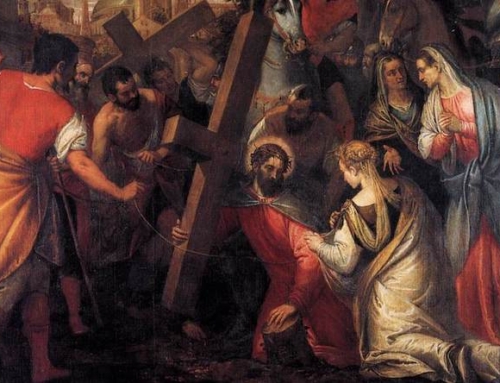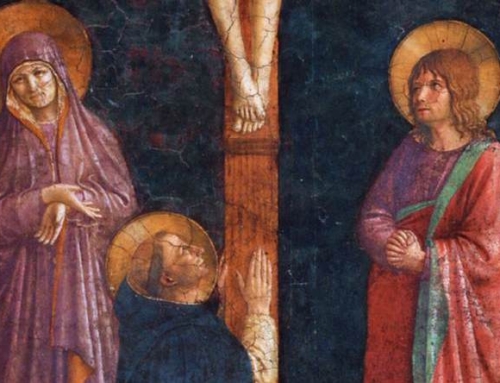Throughout salvation history, the ineffable God has revealed himself in words—words uttered by human voices. In his Divine Wisdom, God has chosen to use preachers—finite, fallible instruments—to communicate infinite, saving truth. Those he chooses for this task are just as in need of salvation as those to whom they have been sent. They received their bread from another and now feed their fellow beggars with the same bread.
One such voice knew well his own great poverty before the daunting task, but he knew all the more the urgency of the message, for “how are men to call upon him in whom they have not believed? And how are they to believe in him of whom they have never heard? And how are they to hear without a preacher?” (Rom 10:14-15).
Saint Paul’s sentiments have been shared by many suffering under the weight of the same task. They go out, not on their own authority, but by commission, for “how can men preach unless they are sent?” (Rom 10:15). Christ calls and makes ready preachers of his Gospel, men chosen to take his unchanging words and fit them to the needs of their times. They take the bread they have received, not only handing it on, but multiplying it out for every generation.
As student brothers of the Order of Preachers we’ve spent time contending with the mysterious task of preaching. Over the next six Saturdays Dominicana will host essays reflecting on some of the greatest preachers from the history of the Church, East and West, new and old, known and obscure. We hope this series will stir up a deeper appreciation for the Lord’s various voices, and the unique ways they’ve spoken his word through the ages.
✠
Bartholomeus Breenbergh, The Preaching of John the Baptist







